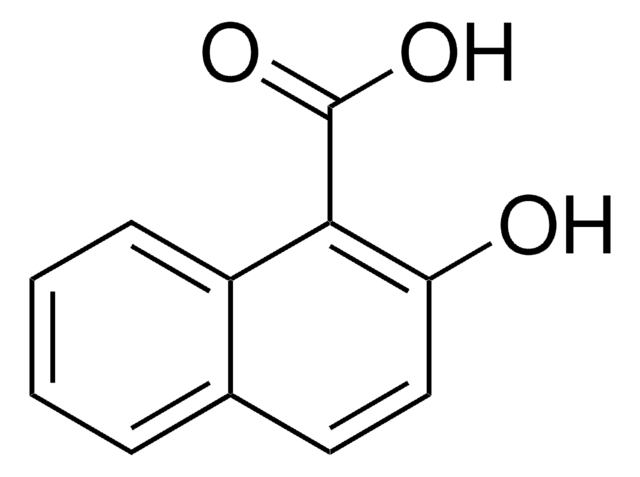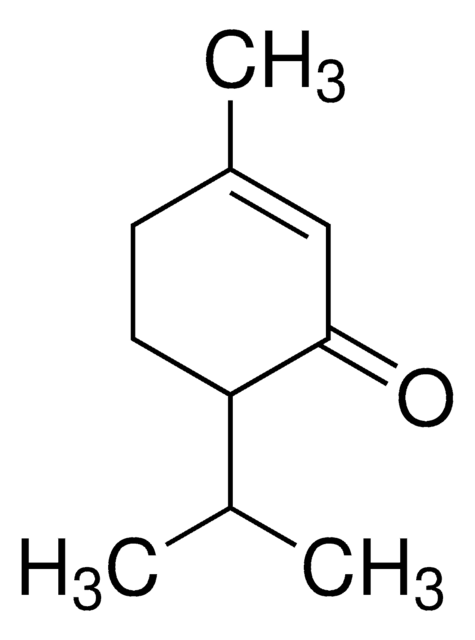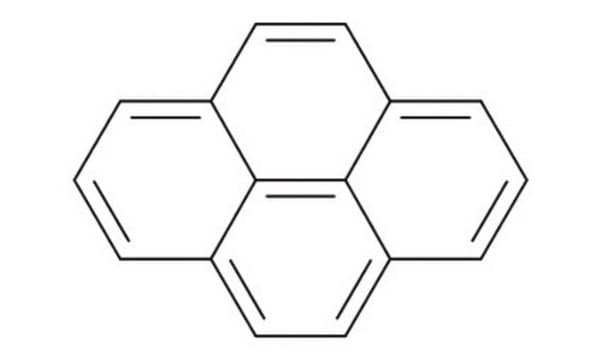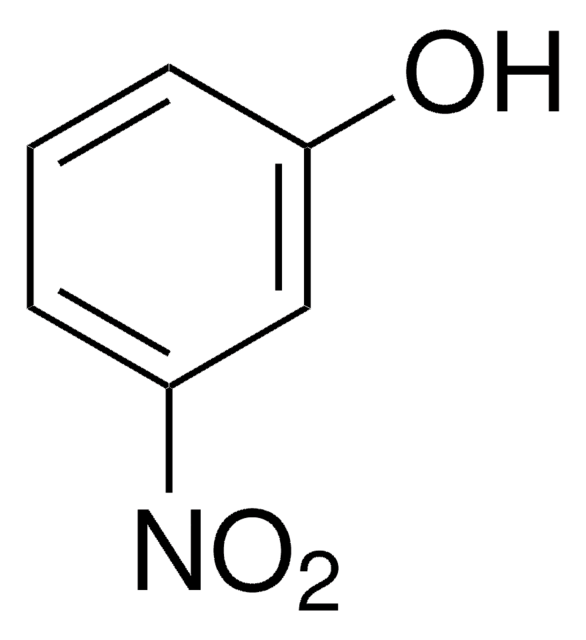About This Item
Recommended Products
mp
125-129 °C (lit.)
solubility
DMSO: soluble 250 mg/10 mL, clear to slightly hazy, yellow to brown
SMILES string
[H]O[H].OS(=O)(=O)c1ccc2ccc3cccc4ccc1c2c34
InChI
1S/C16H10O3S.H2O/c17-20(18,19)14-9-7-12-5-4-10-2-1-3-11-6-8-13(14)16(12)15(10)11;/h1-9H,(H,17,18,19);1H2
InChI key
RRDYFCSDPUHYDA-UHFFFAOYSA-N
Application
Signal Word
Danger
Hazard Statements
Precautionary Statements
Hazard Classifications
Skin Corr. 1B
Storage Class Code
8A - Combustible corrosive hazardous materials
WGK
WGK 3
Flash Point(F)
Not applicable
Flash Point(C)
Not applicable
Personal Protective Equipment
Certificates of Analysis (COA)
Search for Certificates of Analysis (COA) by entering the products Lot/Batch Number. Lot and Batch Numbers can be found on a product’s label following the words ‘Lot’ or ‘Batch’.
Already Own This Product?
Find documentation for the products that you have recently purchased in the Document Library.
Customers Also Viewed
Our team of scientists has experience in all areas of research including Life Science, Material Science, Chemical Synthesis, Chromatography, Analytical and many others.
Contact Technical Service














